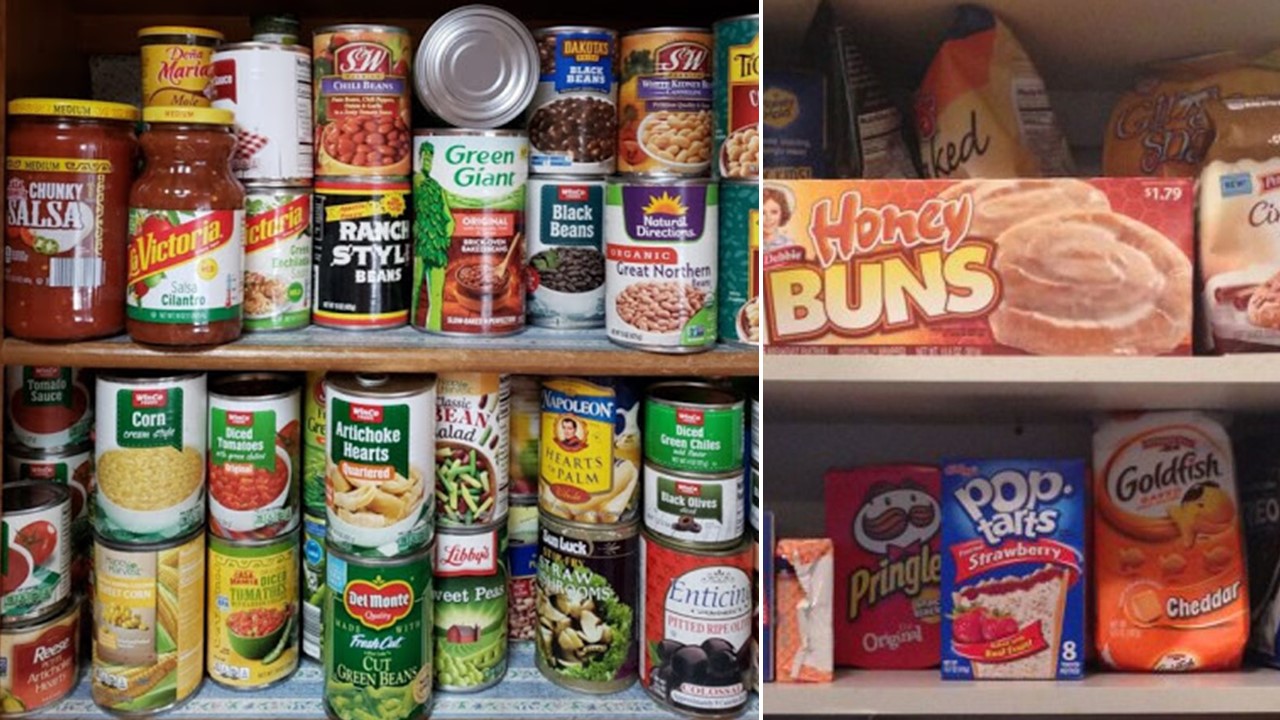
Crohn’s disease can be gut-wrenching, literally. An inflammatory bowel disease, Crohn’s disease typically affects the small intestine the most. However, its impacts can be wide-ranging. Given that Crohn’s can inflame tissues throughout your digestive tract, symptoms may surface anywhere from your mouth, lips, and tongue to the deep areas of your bowel. Organs such as your liver and kidneys may also be affected.
If left uncontrolled, Crohn’s can be debilitating. Fortunately, the symptoms usually come on gradually, giving you plenty of time to get diagnosed and begin treatment. Many people actually live with Crohn’s, not realizing they have the disease.
But not always.
In rare and severe cases, Crohn’s can come on suddenly - seemingly out of nowhere. While there is no reason to be alarmed if you are currently asymptomatic, it’s always a good idea to understand how this can happen. Rapid onset of Crohn’s can be a major disruptor of everyday life.
Here are five signs you may have rapid onset Crohn’s disease.
1. Recent Misdiagnoses
Sometimes, figuring out health problems is like completing a puzzle. Just as some people may develop fast-growing cancers or experience other sudden, life-altering conditions, some people will develop Crohn’s quickly and without clear warning.
Were you recently diagnosed with inflammatory issues related to your intestine, stomach, liver, or kidneys? Did the prescribed treatments fail to deliver relief? Have you seen multiple specialists without success?
With a blood test and tissue sample, you may be able to narrow it down to Crohn’s. The disease will typically show markers of inflammation, as well as low levels of red blood cells and high levels of white blood cells.
RELATED: Is Your Crohn’s Getting Worse? 6 Ways to Tell
2. Genetics
Do any of your parents or siblings have the disease? Research shows that up to 20 percent of people with Crohn’s also have a family member who has it. Most people are diagnosed under the age of 30, so if you have family members who were, there's a possibility you could be too.
Also, consider your ethnicity. While whites are the most vulnerable group, rates of Crohn’s are increasing among Blacks, especially in the U.S. and the U.K.
3. Heavy Smoker
Although not fully understood, cigarette smoking is a major risk factor in developing Crohn’s. This may be due to the way the chemicals in cigarettes affect the environment of your digestive tract. When you smoke, you’re inhaling all kinds of carcinogens, which are known to increase inflammation and disrupt healthy bacteria in your gut.
If you’re a heavy smoker or recently started smoking heavily, look out for sudden symptoms such as cramping, stomach pain, nausea, malnutrition, and excessive fatigue.
4. Severe Complications
Many of the symptoms of Crohn’s can be managed because (1) they are not severe and (2) they come on slowly enough to address. However, if your issues seemingly ‘come out of nowhere,’ you may be experiencing a rapid onset.
Severe symptoms that require immediate medical supervision include:
- Consistent abdominal pain, discomfort, or cramps
- Rapid and/or unexplained weight loss
- Diarrhea persisting for a week or more
- Bloody stool
Because Crohn’s often complicates other conditions, it’s a good idea to check with your doctor to see if there’s a connection.
5. Major Lifestyle Changes
We all go through rough patches. Sometimes, we don’t realize how unhealthy we’ve been living until our bodies tell us in a big way. Have you made any recent and significant life changes? Did your diet change, including larger meals, a lot of dairy, or lots of caffeine? Have you been consuming alcohol excessively? Is your sleep schedule disrupted due to stress, a new job, or family issues?
In some cases, people may have had minor symptoms of Crohn’s for a long time but didn’t know it. They could have been masking the symptoms with substance use or abuse. Then, when they ease off the substances, their symptoms are no longer suppressed.
The main thing to remember about Crohn’s disease is that it can come in a spectrum of shapes and sizes. Your digestive tract is quite large and affects a significant portion of your body. Symptoms that you may think are unrelated may be caused by Crohn’s. This is why it’s always a good idea to seek medical expertise for recurring, unexplained issues.
But there’s no reason to stress needlessly! Lifestyle changes, medicines like antibiotics and steroids, and proper preventative measures can make living with Crohn’s easily managed.








